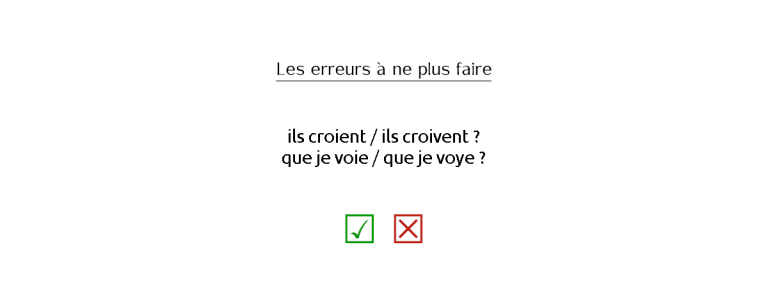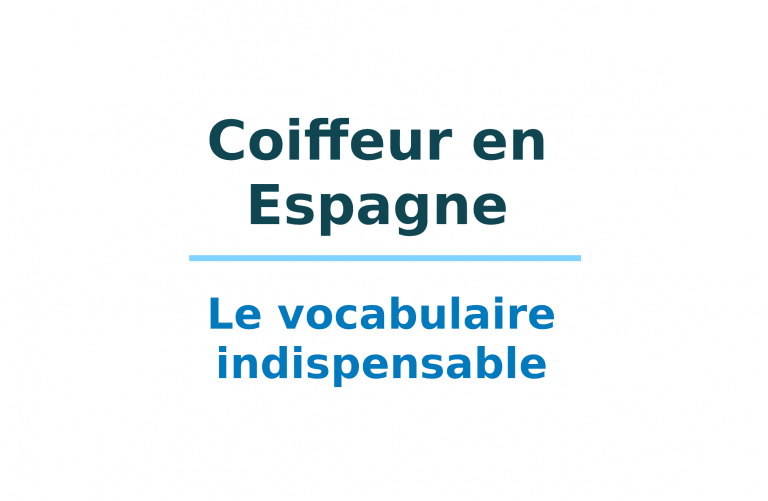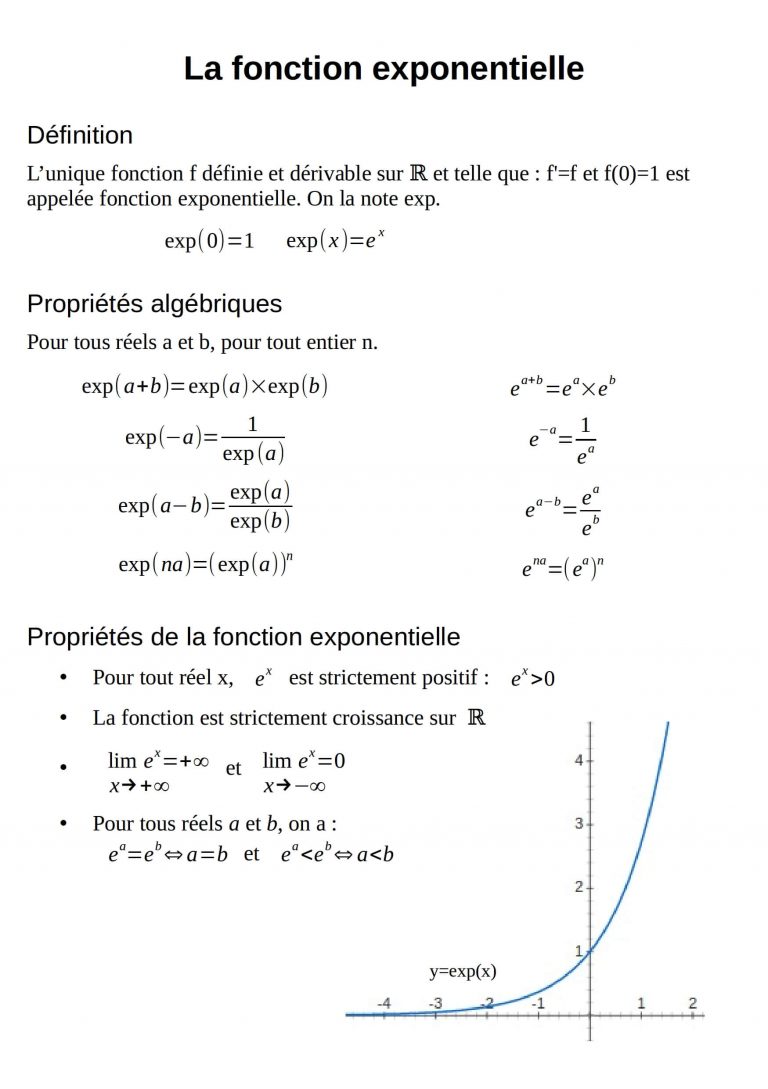You want to pass your collegial pre-agreement, but you don't know how to prepare for it? Then this article is made for you!
Qu’est-ce que le préaccord collégial ?
Le préaccord collégial est nécessaire pour enseigner dans l’enseignement catholique en France, que vous soyez candidat au coucours ou en suppléance. Il s’agit d’un accord préalable qui établit une entente entre le candidat et l’établissement d’enseignement quant aux exigences spécifiques liées à l’enseignement dans le contexte catholique. Il est alors question de tester si vous êtes en accord avec les valeurs de l’enseignement catholique et de manière plus générale si vous avez le profil pour devenir enseignant.
Le préaccord a été créé dans le but de simplifier le processus de recrutement des enseignants dans les établissements de l’Enseignement Catholique. Cette démarche collégiale permet aux candidats de ne pas avoir à effectuer une demande individuelle dans chaque établissement où ils souhaitent enseigner. Au lieu de cela, des chefs d’établissement examinent les dossiers au nom de l’ensemble de leurs collègues. Le préaccord collégial résultant de cette démarche a ainsi une valeur nationale.
Comment s’inscrire ?
- Meeting on My Portal I Become a Teacher (CAACWEB) and log in.
- Cliquez sur Accord collégial.
- Fill in the different fields. You will be asked for various information including your CV, a cover letter, your experiences and your training. During this step, you will be able to choose the department in which you wish to take your college pre-agreement.
- Once all the information has been completed and the documents submitted, you must validate your request. You will receive an email a few days later with an interview date.
- Attention, avant de pouvoir passer votre préaccord collégial, vous devrez avoir assisté à une réunion d’information dans votre académie.
Déroulement de l’entretien
Durant cet entretien, vous serez devant des chefs d’établissement (1er et/ou 2nd degré). Vous devrez alors expliciter votre projet professionnel et démontrer votre motivation à devenir enseignant. Les jurys vont poseront donc diverses questions pour tester votre conformité avec les valeurs de l’enseignement catholique.
Après avoir réalisé cet entretien, vous recevrez un mail sous quelques jours pour vous informer que votre verdict est disponible sur l’application CAACWEB, pour savoir si votre préaccord collégial vous est accordé ou refusé.
What do you need to know?
Avant toute chose, il faut savoir qu’il n’y a de bonnes réponses, soyez simplement vous-même. Il faut que vous répondiez honnêtement. Cela ne sert à rien de stresser, cet entretien est une formalité, rares sont les candidats qui ne l’obtiennent pas. De plus, en cas de refus, vous pouvez faire appel de la décision.
Nevertheless, some knowledge can be useful:
- Values of Catholicism: love of oneself and of one's neighbour, respect, hope, joy, peace (living in harmony with oneself and with others, respect for differences, forgiveness, reconciliation), justice (same treatment for all), courage
- Diocesan educational project of your department
- Pastoral time: allow those who do not know him to meet Christ, offer Christians the possibility of deepening their faith, make humanity grow in students.
Exemples : visualisation d’un film, messe de Noël, course solidaire, visite d’une banque alimentaire, collecte de denrées alimentaires, intervention d’une personne en situation de handicap, préparation aux sacrements, bol de riz… - Differences between public, private and private establishment under contract
- Public : institution éducative qui est financée et gérée par l’État. Ces établissements sont accessibles à tous les élèves, sans discrimination, et ils sont financés par des fonds publics. Les établissements publics sont tenus de respecter les règles et les directives éducatives établies par l’État, notamment en ce qui concerne les programmes d’études, les qualifications des enseignants et les modalités de recrutement des élèves.
- Privé : institution éducative qui est financée et gérée par des entités privées, telles que des particuliers, des associations ou des congrégations religieuses. Ces établissements privés ont généralement plus de liberté dans la définition de leur projet pédagogique, de leur programme scolaire et de leur politique d’admission. Ils peuvent également facturer des frais de scolarité plus élevés que les établissements publics.
- Privé sous contrat : établissement privé qui a signé un contrat avec l’État. Ce contrat établit une collaboration entre l’établissement privé et l’État, généralement le ministère de l’Éducation nationale, pour l’organisation de l’enseignement. Les établissements privés sous contrat sont financés en partie par l’État, ce qui leur permet de proposer des frais de scolarité moins élevés que les établissements privés non sous contrat. Ils doivent néanmoins respecter les règles et les directives éducatives établies par l’État, de manière similaire aux établissements publics.
Exemples de questions posées durant l’entretien
Vous vous demandez sûrement quels types de questionnements peuvent être abordés durant l’entretien du préaccord collégial, en voici quelques-uns pour vous donner une idée :
Can you present starting from your CV?
Why did you choose this department?
Would you like to teach first degree or second degree?
Pourquoi avoir choisi l’enseignement catholique ?
What are the values transmitted in Catholic establishments?
What are the differences between a private institution under contract and a public institution?
Did you encounter any difficulties during your internships? What do you remember from these internships?
En début de carrière, la différence d’âge avec les élèves peut être faible, notamment avec les lycéens, est-ce un problème ?
Comment allez-vous gérer les différents profils d’élèves ? Comment gérer les élèves qui ne veulent pas travailler ?
Would you mind working in a professional setting?
Quelles missions seriez-vous prêt à accepter pour permettre aux élèves d’avoir une culture chrétienne ?
If the director of your establishment comes to see you to tell you that some of your classes will be replaced by pastoral time, what is your reaction?
Should students be liked? Should students be valued?
Si vous avez des questions, n’hésitez pas à les poser en commentaire 🙂







